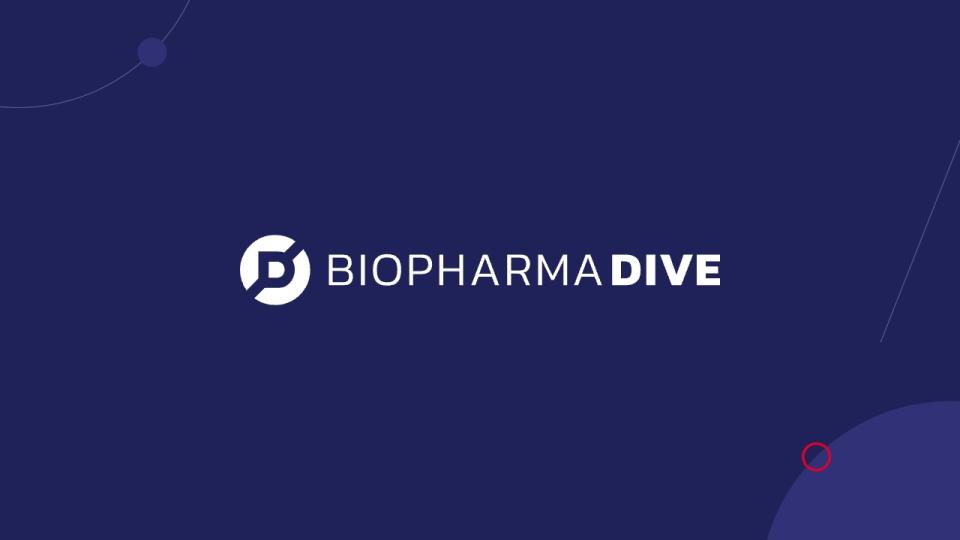Novartis gets FDA approval of closely watched rare disease drug

Dive Brief:
The Food and Drug Administration has approved a new Novartis drug for adults with a rare and serious blood disorder known as paroxysmal nocturnal hemoglobinuria, or PNH.
The drug, which Novartis will sell as Fabhalta, was discovered and developed by the Swiss pharmaceutical company for diseases like PNH that are driven by dysregulation of the complement system, part of the body’s immune defenses.
An oral treatment, Fabhalta helped improve hemoglobin levels in clinical studies of people with PNH, which is characterized by the premature destruction of red blood cells by the complement system. This “hemolysis” causes anemia, blood clots and other symptoms.
Dive Insight:
Fabhalta’s approval in PNH is a milestone for a product Novartis expects to be a major part of its business over the coming decade.
The pharmaceutical company believes annual Fabhalta sales will eventually top $3 billion as it works to expand the drug’s use to other complement-related diseases like IgA nephropathy and C3 glomerulopathy. In the former disease, Novartis recently reported positive summary data from a Phase 3 study, and is planning an accelerated approval submission to the FDA next year.
The FDA’s clearance of the drug in PNH was based on two late-stage trials that enrolled people who had either previously received other PNH treatments known as C5 inhibitors or who hadn’t. In the first study, treatment with Fabhalta led to sustained hemoglobin increases of greater than 2 grams per deciliter in 82% of participants, compared with none of the study volunteers who continued with C5 inhibitor treatment. About 78% of C5 inhibitor-naive patients met this mark in the second trial.
Patients given Fabhalta also didn’t need blood transfusions, which are used in PNH to mitigate the anemia that the disease causes.
The most common side effects were headache, nasopharyngitis, diarrhea, abdominal pain and infections. The FDA is also requiring Fabhalta be made available through a risk management plan that requires vaccinations for encapsulated bacteria.
Anti-C5 drugs like Soliris and Ultomiris are currently standard treatments for PNH. Their success on the market was a large part of why AstraZeneca paid $39 billion to acquire their developer, Alexion Pharmaceuticals, in December 2020.
Novartis estimates that there are roughly 6,000 PNH patients in the U.S., about one-third of whom it says are treated with complement inhibitors. It hopes to supplant those drugs, as well as increase the treatment rate in the 70% of patients who aren’t already on therapy.
The company expects to make Fabhalta available commercially in December. Regulatory reviews in other countries are ongoing, Novartis said.
This story was originally published on BioPharma Dive. To receive daily news and insights, subscribe to our free daily BioPharma Dive newsletter.
